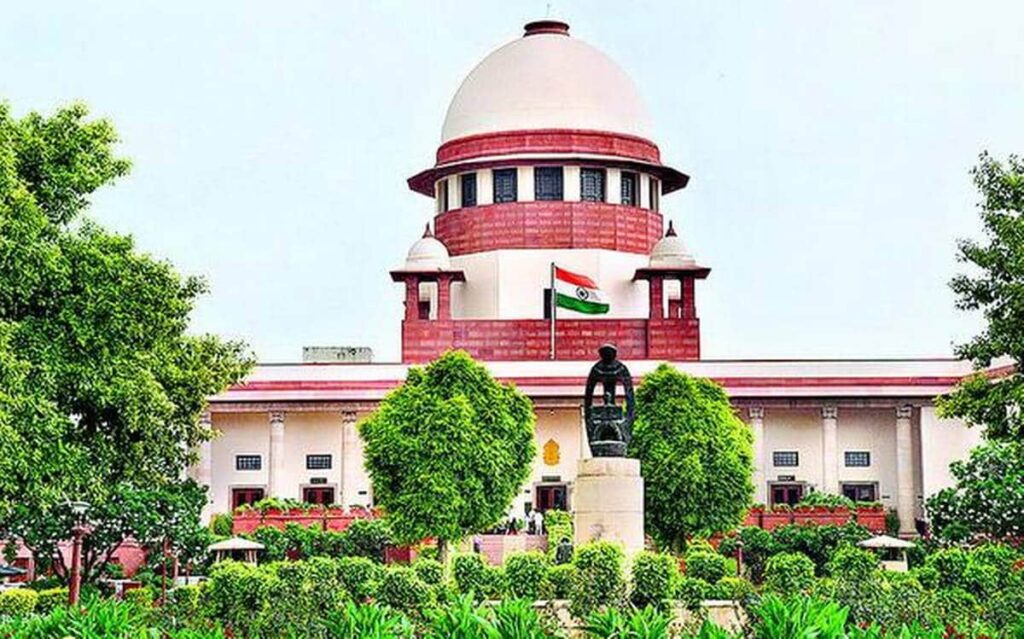NEW DELHI, Nov 17: The Supreme Court on Thursday agreed to hear a petition for the revival of the National Judicial Appointments Commission (NJAC) in place of the collegium system for the judicial appointments to the apex court and high courts.
The Chief Justice of India DY Chandrachud said the petition would be listed for hearing in due course of time. The petition filed by advocate Mathews J. Nedumpara, with other lawyers, sought the revival of the NJAC which briefly gave the government an equal role along with the judiciary in the appointment of judges to the constitutional courts before it was struck down by the Supreme Court in 2015. The petition follows recent verbal attacks by Law Minister Kiren Rijiju on the collegium system, calling it opaque.
The petitioner-in-person, said the Constitution Bench judgment of October 2015 had thwarted the “will of the people” by striking down the 99th Constitutional Amendment Act which introduced the NJAC mechanism. The petition said the 2015 judgment should be rendered void ab initio as it had revived the collegium system. The petitioners called the collegium system a “synonym for nepotism and favouritism.”
It said repeated representations to the Centre to evolve an alternative mechanism to the collegium system fell on deaf ears, prompting the petitioners to approach the Supreme Court. “The NJAC received the unanimous assent of both Houses of the Parliament (except for the lone dissenting vote of Shri Ram Jethmalani) and the assent of the 21 State Assemblies. The appointment and transfer of judges falls in the exclusive province of the legislative and executive policy. It was not justiciable at all. Therefore it is incumbent upon the government and the Opposition to restore the NJAC and to take all such steps that are required,” the petition argued.
During the mentioning, Chief Justice Chandrachud, however, expressed apprehension if a system introduced through a nine-judge bench judgement could be challenged through a petition. The reference was the collegium system which was introduced as a result of 1993 judgement by a nine-judge bench of the apex court.
The petition said the judicial appointments process should be transparent and open, involving the notification of vacancies and invitation of applications from “all eligible and desirous” of joining the Bench. The public should be allowed to voice their objections against the candidates. “But the Collegium system is denial of equal opportunity for the petitioners and thousands of lawyers who are eligible, meritorious and who deserve to be considered. A mechanism in substitution of the collegium is the need of the hour,” the petition argued.
(Manas Dasgupta)

